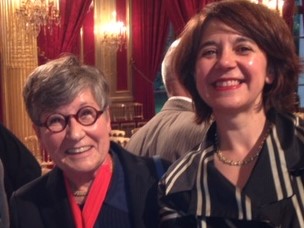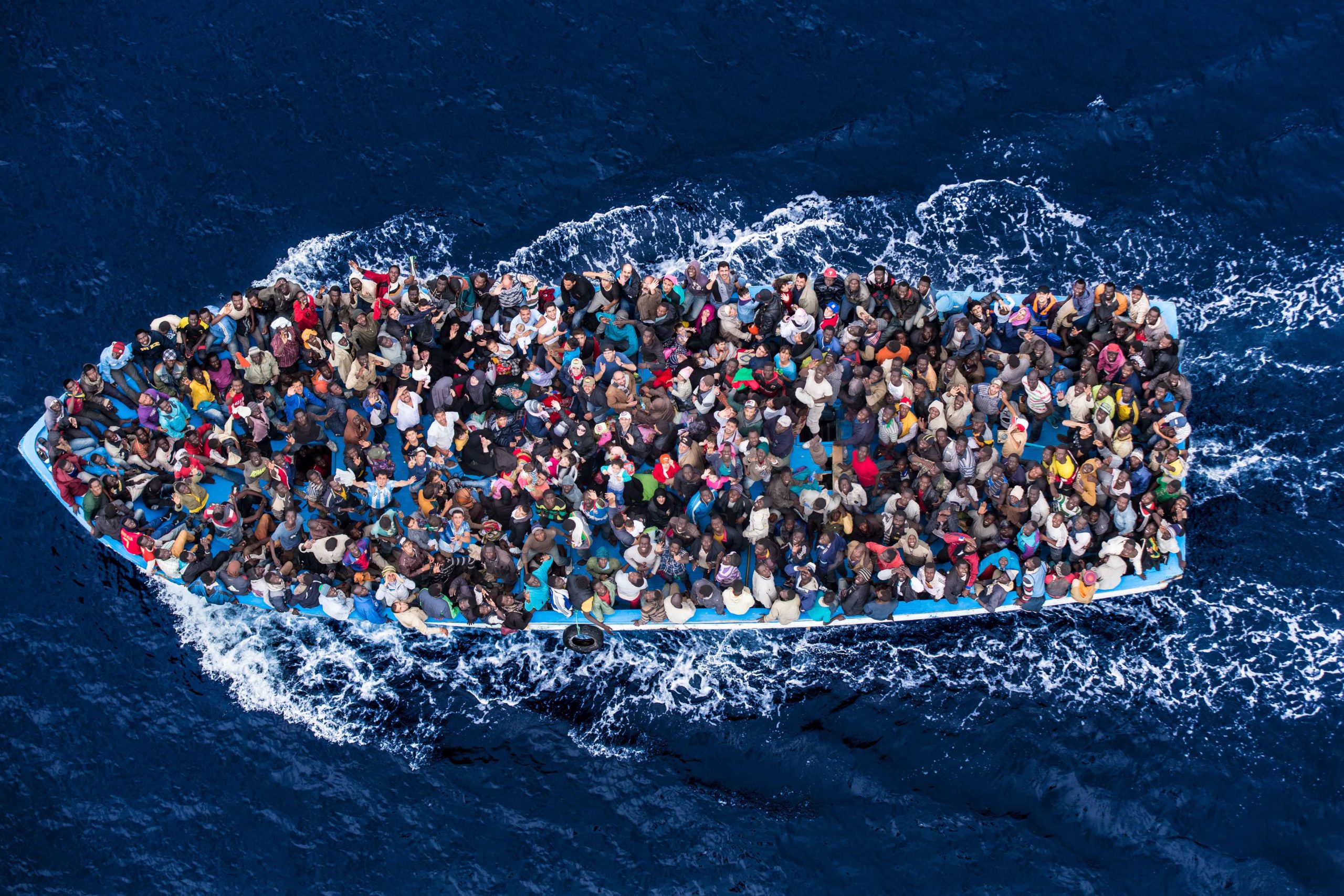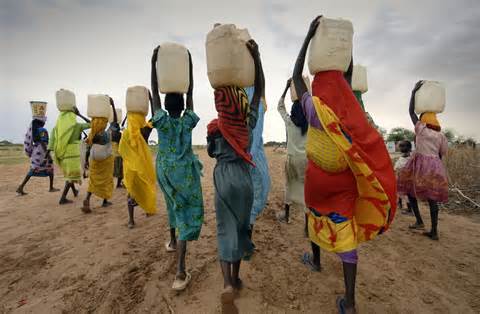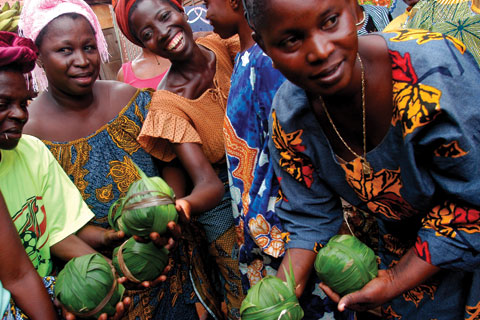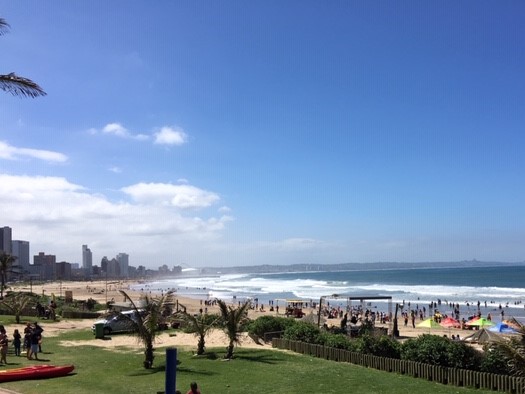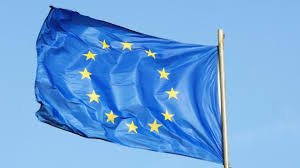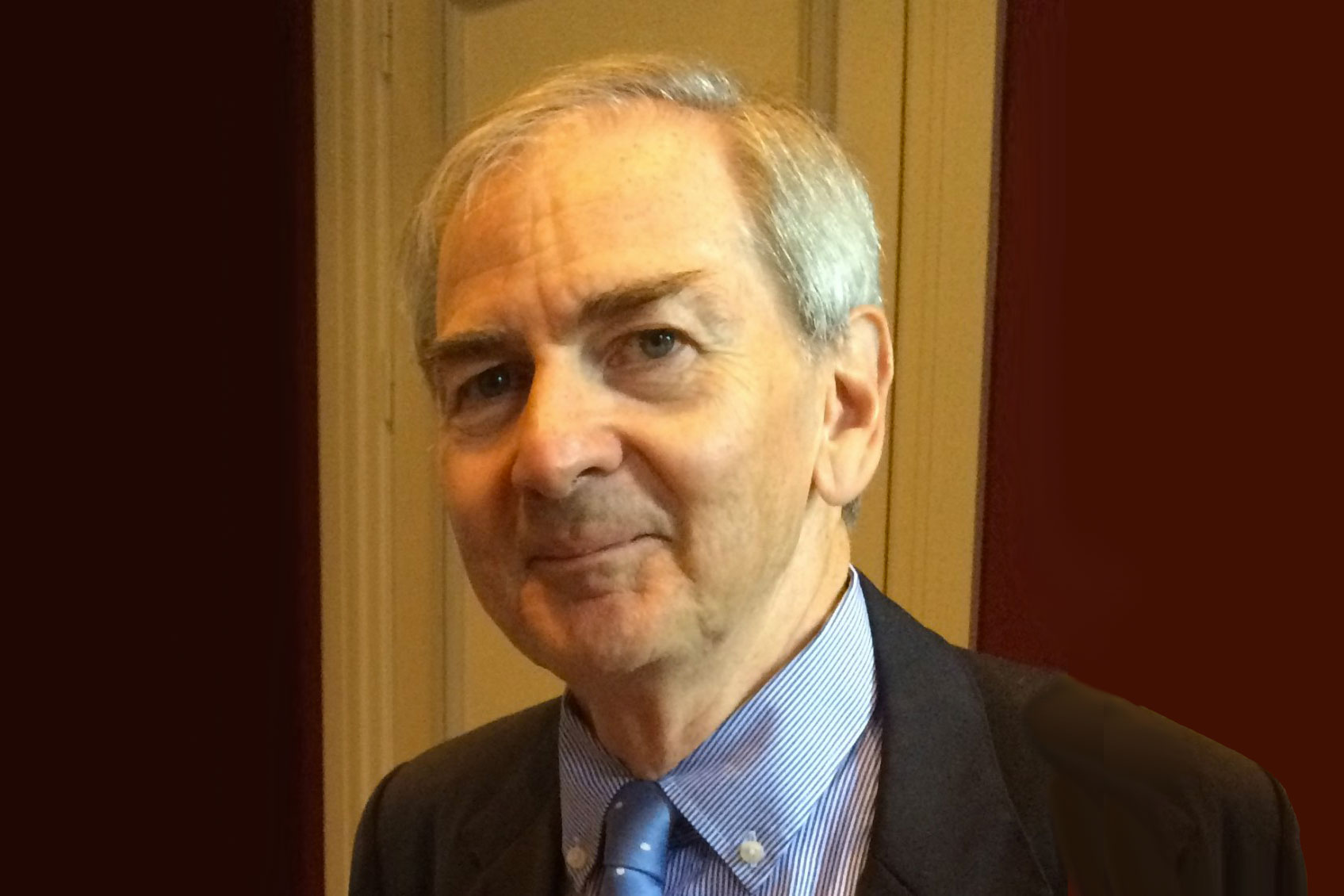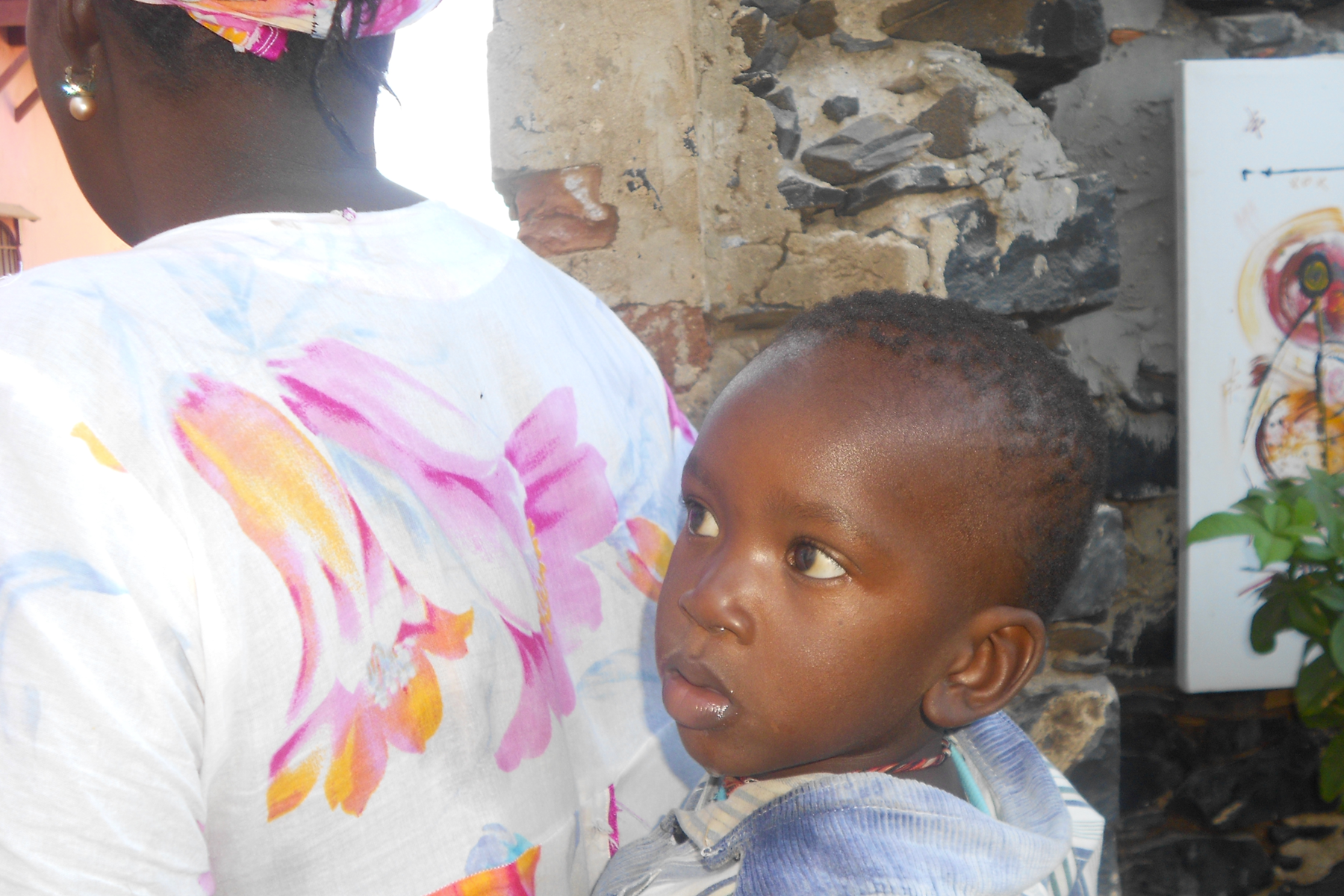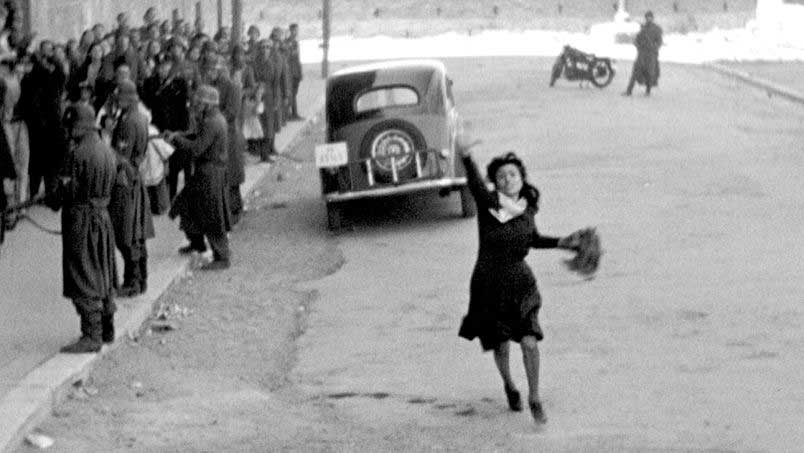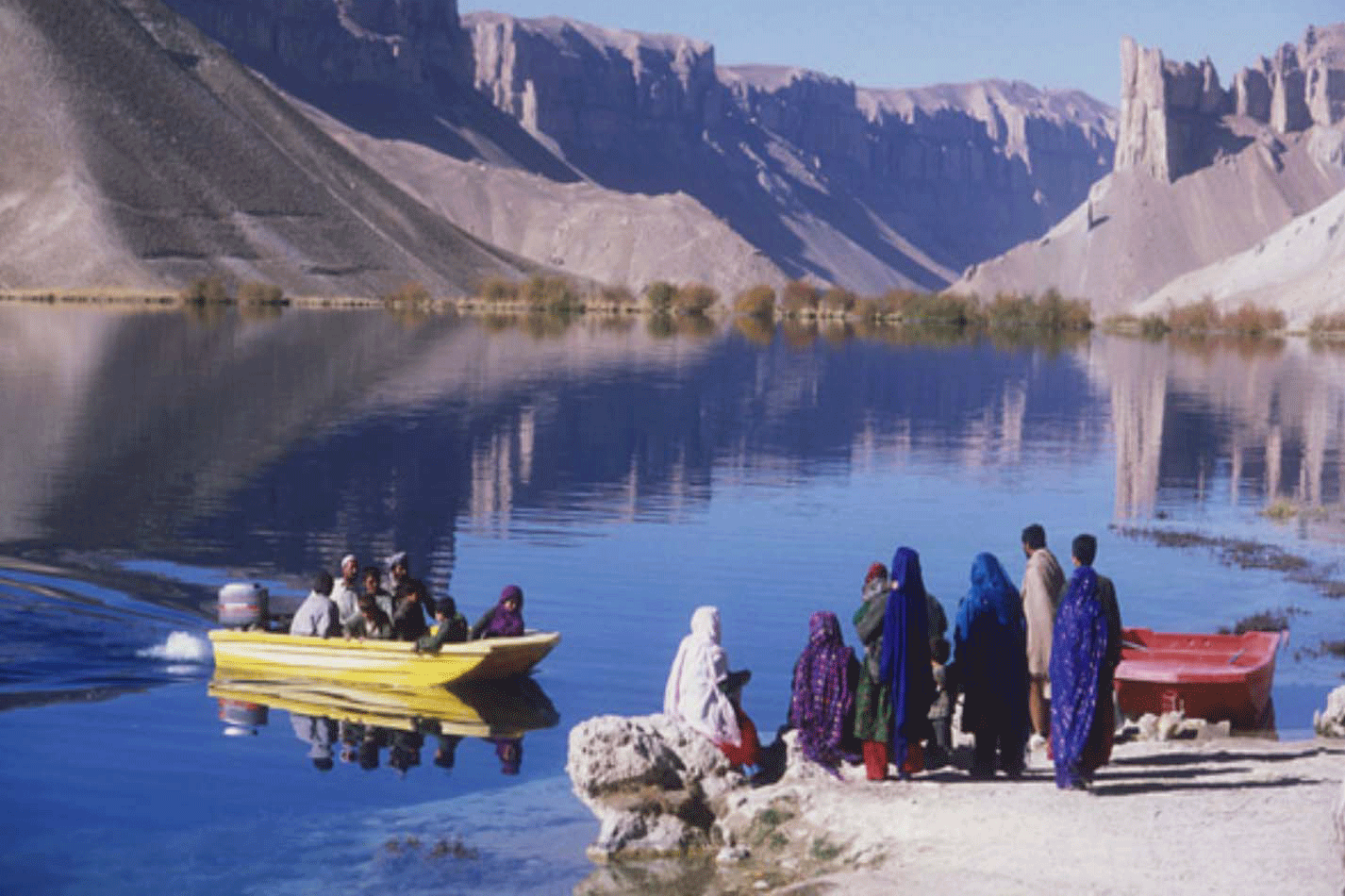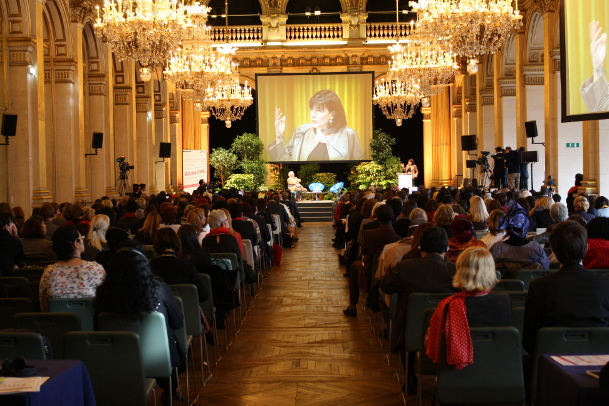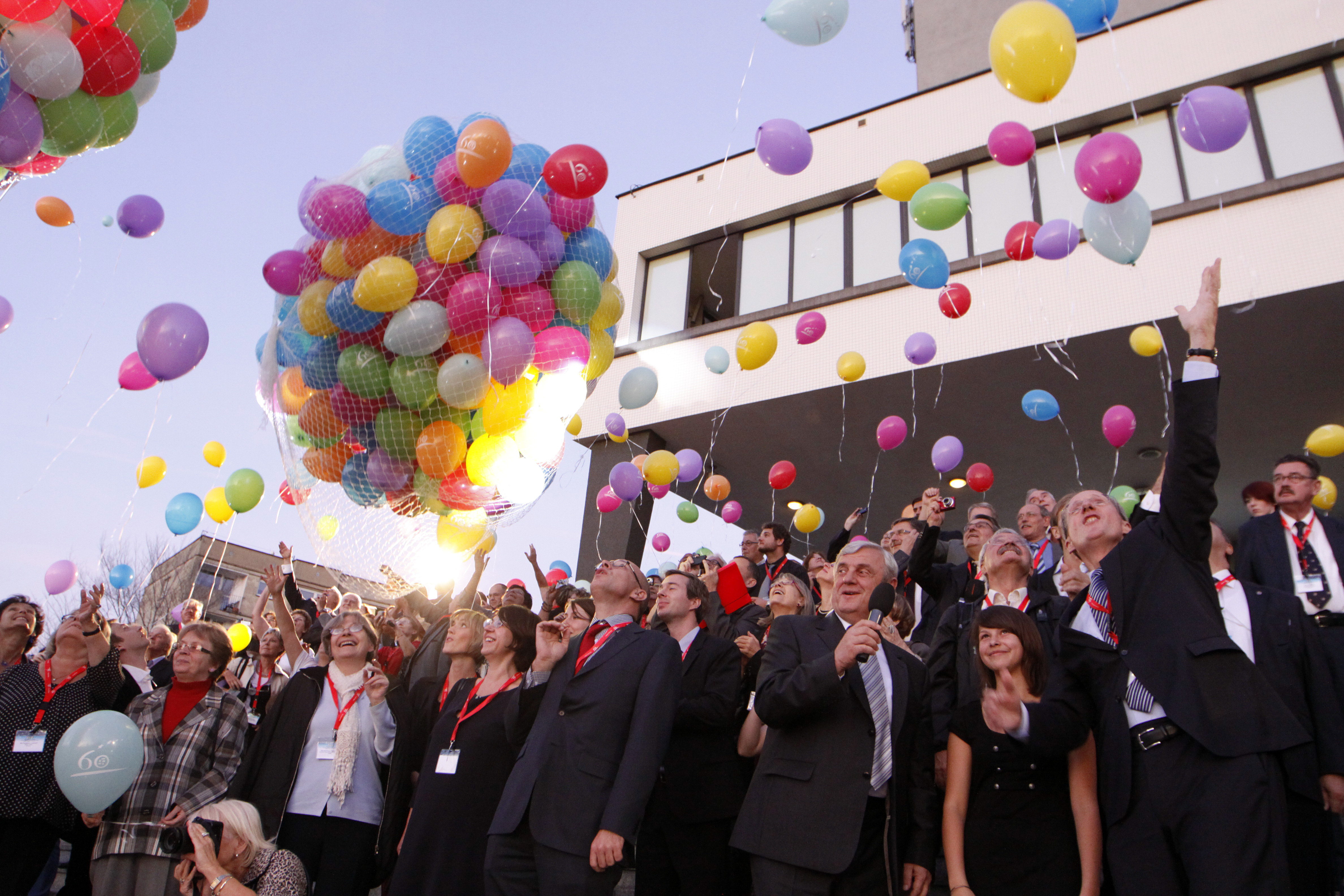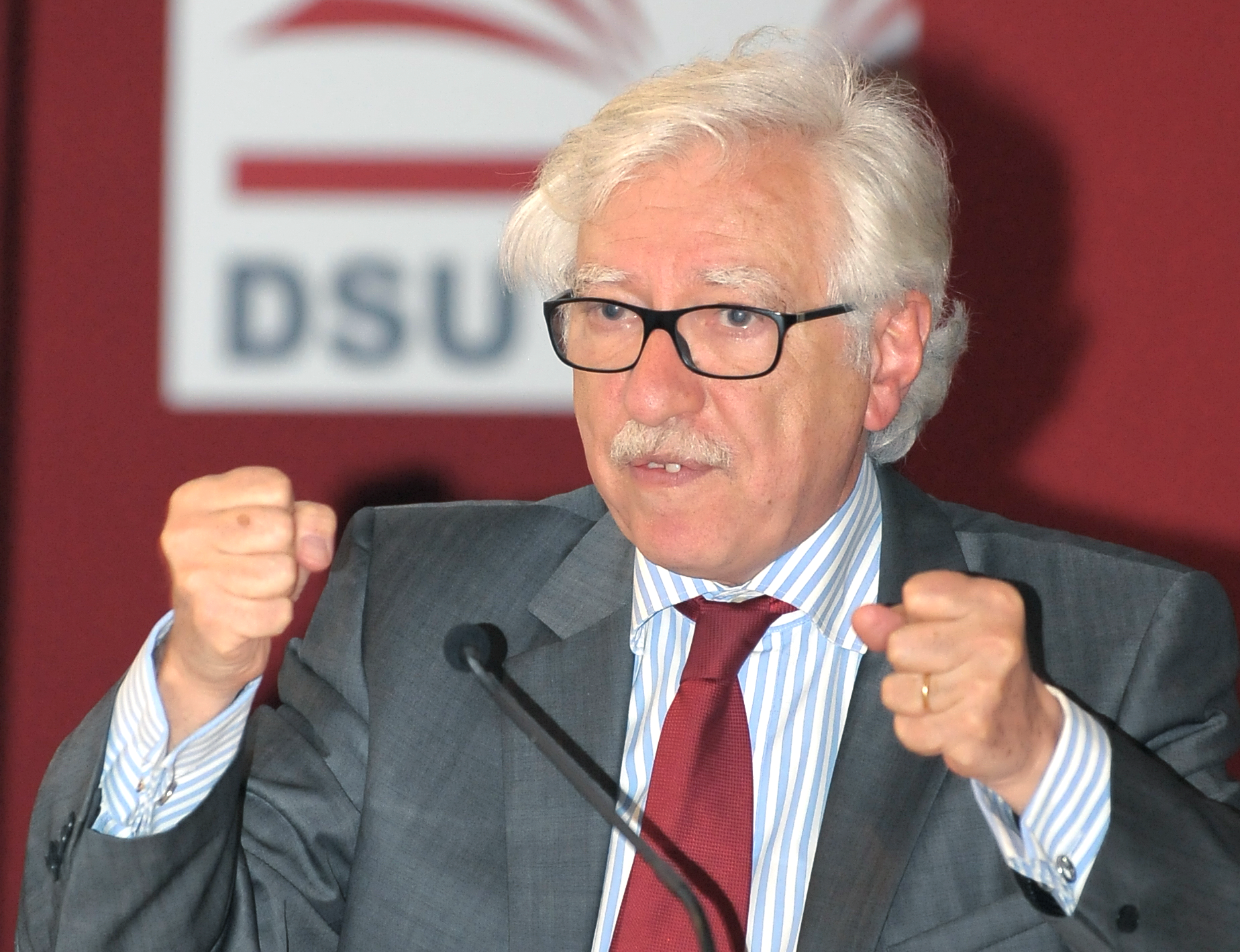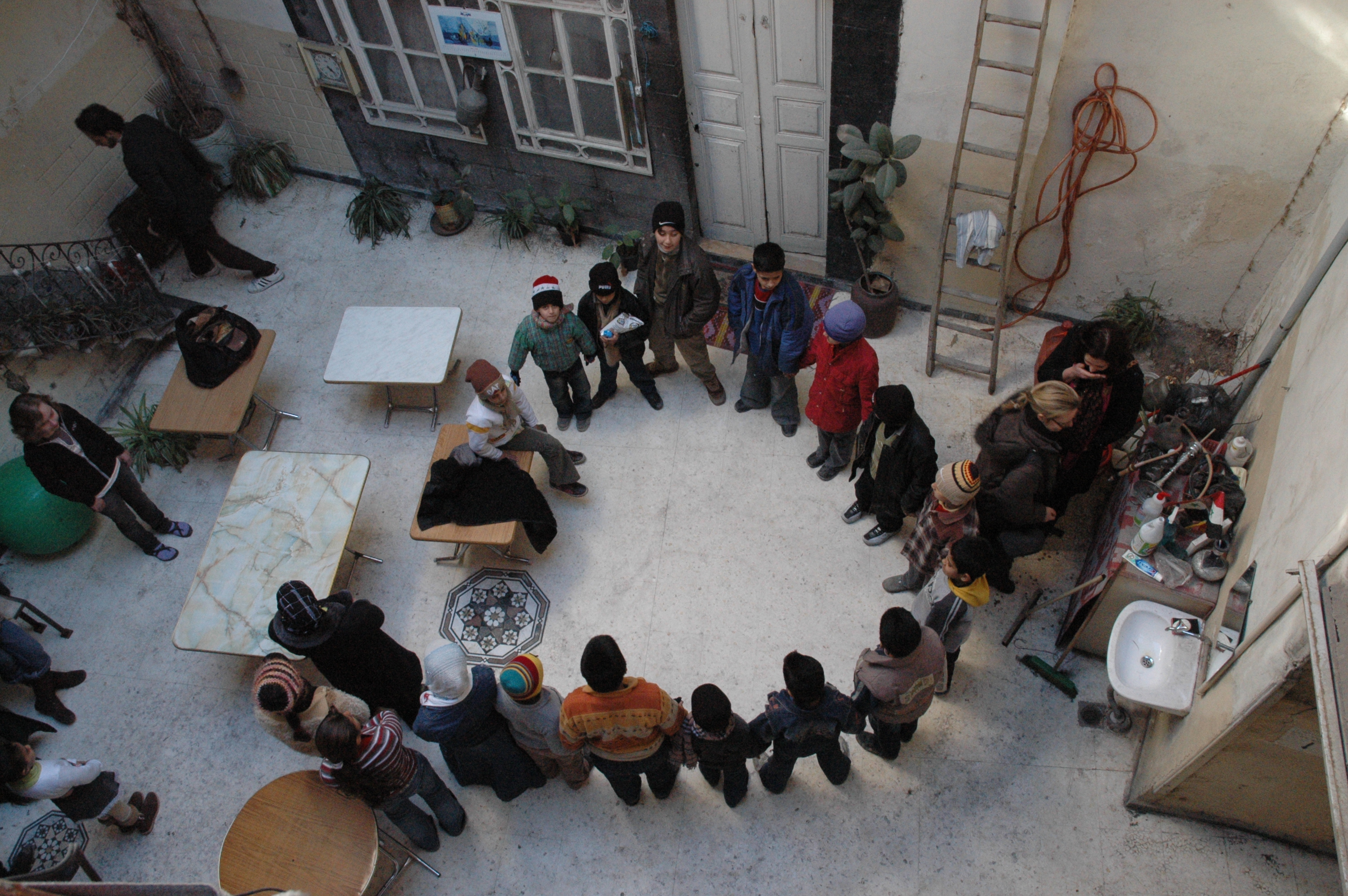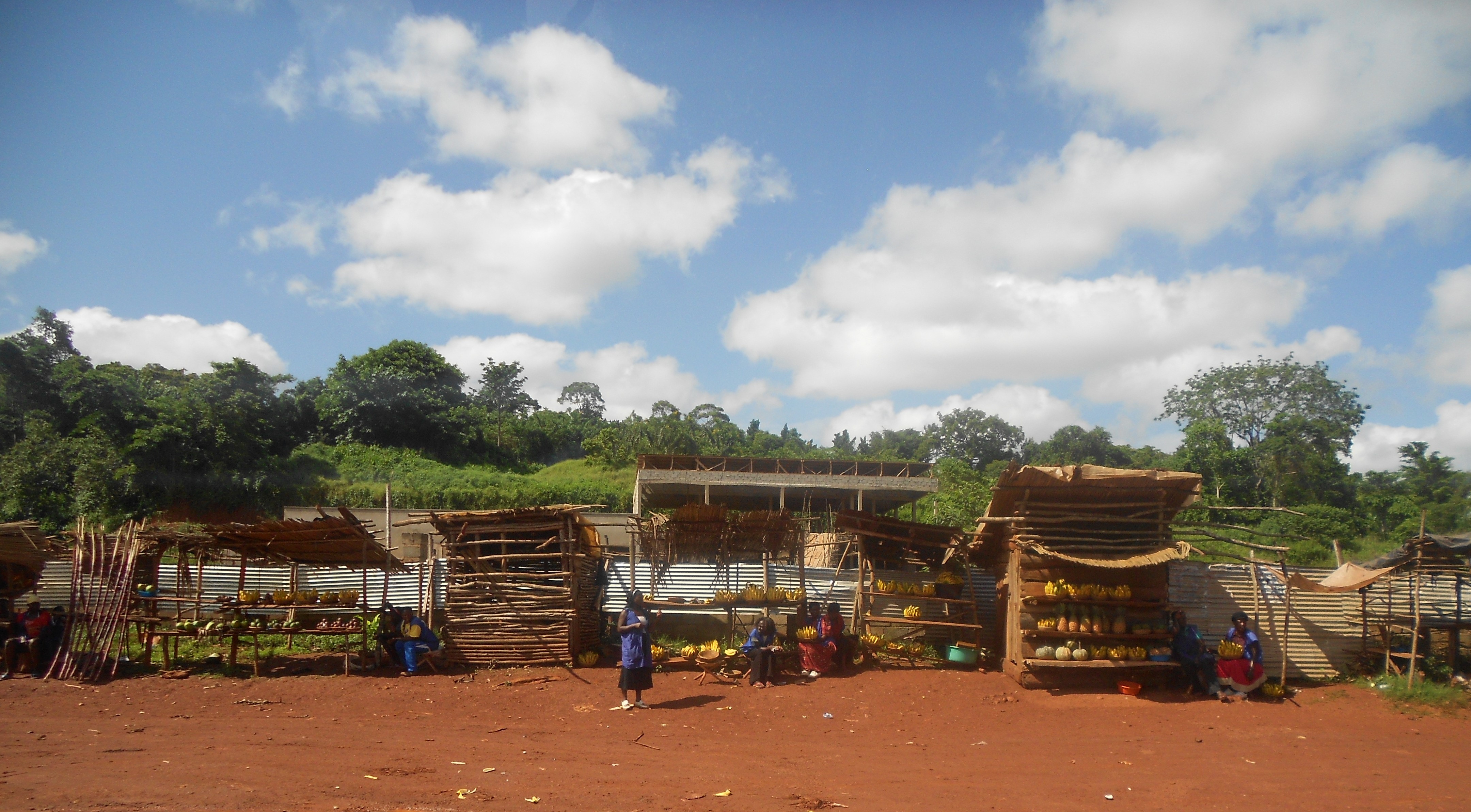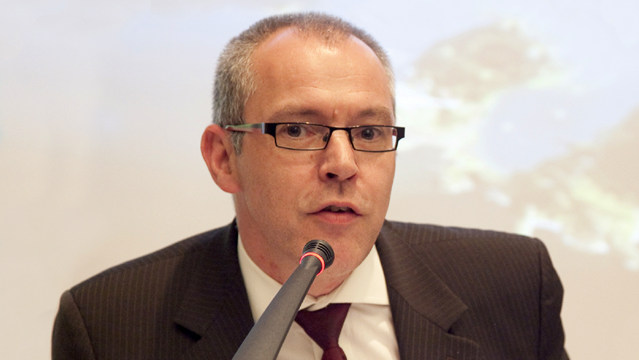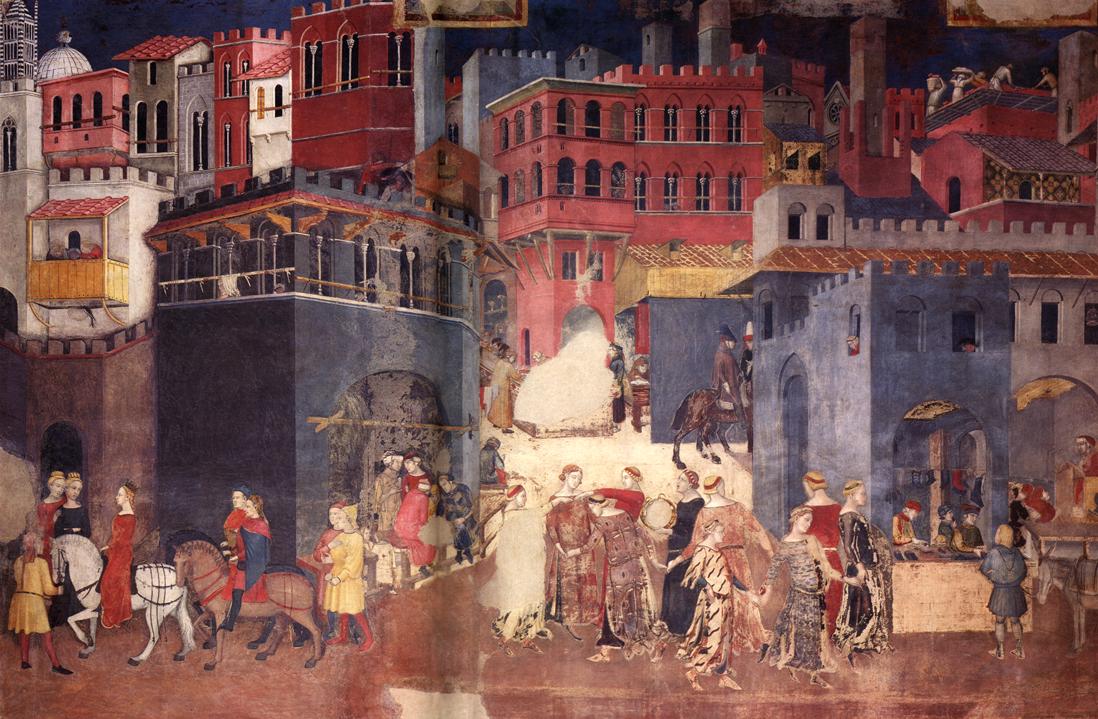Peter Knip, Director of VNG International
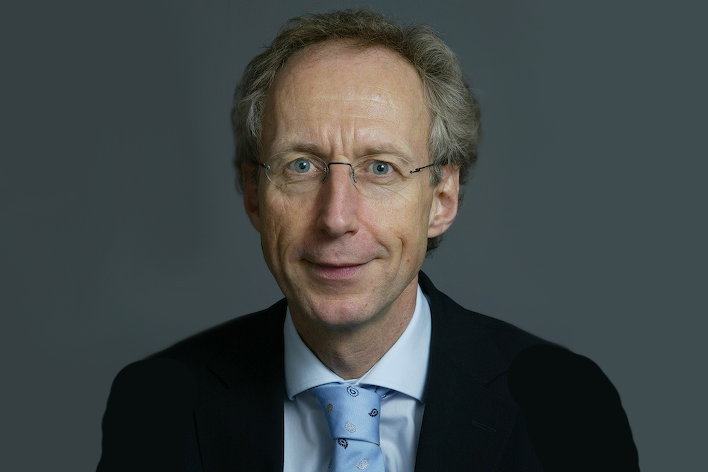
Peter Knip is Director of VNG International, the International Cooperation Agency of the Association of Netherlands Municipalities (VNG). He is also Chairman of the foundation, “The Hague Academy for Local Governance”, as well as Chair of the Capacity and Institution Building Working Group of United Cities and Local Governments (UCLG).
He has designed, developed and implemented several national and international programmes and projects in the field of local public administration reform, decentralisation and decentralised international co-operation. He has extensive experience in project management, training and education as well as research work. His international advisory work mainly focuses on the capacity building of associations of municipalities and training institutes for local government. Promoting democratic local self-government and municipal action for peace, human rights and poverty alleviation are all issues that have always been high on his agenda. He is a specialist in the fields of conduct in local government, municipal international co-operation, citizens’ participation and communication policy.
I have always appreciated Peter for his wide-ranging knowledge as well as his very straightforward and concrete approach to complex issues and situations. It has been many years since we first started working together. His contributions have been crucial to securing recognition of the role of local governments in the international arena and in development. Thanks to his generous, unwavering support, which he is always willing to offer when needed, I am continually learning from him! For this, as well as for kindly accepting to do this interview even though I know he has a very busy agenda, I would like to extend my sincere thanks. I hope you will enjoy reading this article, from which I am sure you will take away many interesting observations!
SC. 1. Peter, your experience in the field of international cooperation is longstanding and far-reaching, particularly when it comes to local authorities: why do you think it is important today to get involved in international cooperation in general, and more specifically with regard to local governments and their associations?
The huge challenges facing our world, as reflected in the new Sustainable Development Goals of the United Nations, require intensified international collaboration not only between states but also between local and regional governments, the business community, knowledge institutions and non-governmental organisations – between people, between you and me. The simple truth is that isolation, conflict and a widening gap between people of different cultures do not make the world a better place for our children.
Local and regional governments and their associations (LGAs) are all dealing with ever greater tasks and responsibilities owing to the demands of citizens, decentralisation processes, urban growth, rural transformation and the requirements of territorial development. International cooperation, exchange of know-how and best practice will help them to cope with these challenges.
SC 2. You are the Director of one of the most prominent local government organisations (VNG International) actively involved in development cooperation in Europe: what are the challenges that European local authorities are facing today in terms of their participation in development cooperation?
It is a real privilege to represent the International Cooperation Agency of the Association of Netherlands Municipalities (VNG), which has been developing nicely over the years with the continuous support from Dutch local governments for the international mission of their association: contributing to the strengthening of democratic local government worldwide. Having said that, we have to acknowledge that municipal participation in development cooperation has been under serious pressure over the past 15 years. Financial constraints, the inclination of local politicians to look ever inwards, decreasing popular support for the model of twinning with partners in developing countries, the lack of tangible results due to insufficient professional decentralised cooperation and a lack of support from central governments and national politicians are all factors that have diminished any interest in participating in development cooperation.

However, a change of attitude is clearly in the air. More and more local and regional governments understand that they cannot solve problems on their own. Local development challenges are closely interlinked with global problems.
They are also beginning to discern how much they can benefit from experience elsewhere, and how innovative international networks and contacts with local and regional governments in other parts of the world can attract investments and create economic opportunities at home. Development cooperation is increasingly being seen as a reciprocal process with clear advantages for all partners involved.
SC 3. Good results have been achieved in recent years in terms of EU recognition of the role of local governments in development cooperation and the ensuing possibilities for LRAs to gain access to European programs for development. Do you think that the European Commission needs to commit to further steps? If so, what are the steps that you would consider to be crucial?
I do think that European policies in this field, as formulated in the Commission’s Communication to the European Parliament "Empowering local authorities in partner countries for enhanced governance and more effective development outcomes", are very advanced. There is clear recognition that local and regional governments in the EU partner countries play a crucial role in the development of their countries. There is also clear acknowledgement that local and regional governments in the EU member states and their national, European and International associations are important actors in supporting the capacity building of their counterparts in the partner countries. All of this is reflected in the innovative Framework Partnership Agreements that the EU signed with five international local government associations (UCLG, its African chapter, Platforma/CEMR, AIMF and CLGF) in January 2015. Essential new steps that the European Commission should introduce next are: getting the local and regional government sector in partner countries structurally involved during the process of designing country and regional programmes as well as during the so-called 'joint-programming' with member states, and through a firm commitment to making it possible for local and regional governments and their associations in the EU to make their expertise available for the implementation of the geographic programmes of the EC.
SC 4. Which issues do you consider to be the most urgent for development cooperation today?
Responsibility and accountability; addressing the root causes of conflicts; strengthening the capacities of states and local and regional governments to finance their own development (financing for development); rule of law including the registration and protection of property, anti-corruption policies and protection of human rights; and all this is of course in line with the aim of eradicating poverty and decreasing the widening gap between rich and poor people in our world.
SC 5. Do you think the EU can play a role in encouraging decentralisation in partner countries? How?
Having been involved in the promotion of decentralisation and the capacity building of local and regional governments for more than 25 years, I am inclined to say that we should not impose models of administration on other countries. The EU can, with a degree of pride and restraint, show and share excellent examples of the results of decentralisation in different member states. The principles of local autonomy, as set forth in the Council of Europe’s European Charter of Local Self-Government, can be very aspirational for elected politicians in the EU partner countries. And, of course, the EU should use its development aid to support the central governments and local and regional governments in the partner countries that embark earnestly and succinctly on a process of public administration reform and decentralisation.
SC 6. In conclusion, the EU is the leading donor for development in the world today. Which of its roles do you think Europe can fulfil more effectively in order to build a better world for all?
First and foremost, the EU has to once again invest in its internal legitimacy. Without sufficient feelings of togetherness on the part of the citizens in different member states, without a sufficient belief in the advantages of European cooperation and strong European institutions, without sufficient internal democratic legitimacy, Europe cannot effectively contribute to building a better world for all. However, a Europe built around the foregoing, with its long tradition of decentralisation and local and regional autonomy, could strengthen its international role of contributing to a better world by involving local and regional governments more structurally in its development efforts.
Peter sent me this interview one day before the Brexit. Today, we know that the UK wishes to leave the EU. I think Peter’s words explain the importance of working together for a better world. It starts with working together within the EU!




 All news
All news
